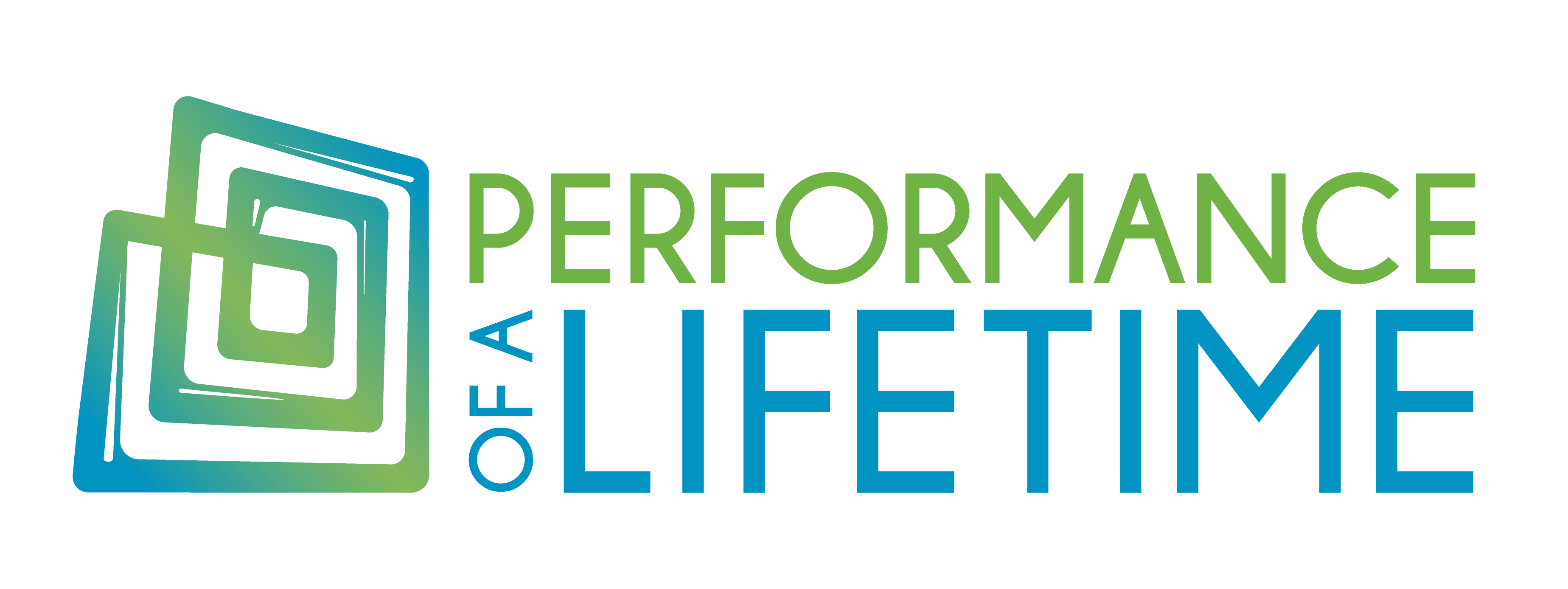For those of us fortunate enough, the disruption and uncertainty of the Covid-19 crisis are providing a chance to reflect and take stock. From the profound to the everyday, many people are asking questions about who we are, what we do, and how we do it — and making discoveries along the way.
We’ve been doing that at Performance of a Lifetime these past months, as well. As we’ve learned about the new challenges our clients are facing, and re-tooled our offerings to address them in virtual environments, we’ve revisited the fundamental principles that guide our work. We affectionately refer to these as the POAL Pillars.
We developed these principles years ago, as we worked our way out of another crisis (and another pause in business-as-usual), the last “Great Recession.” Today, we’re using our Pillars as a tool to help us think about, explore, and impact our world right now.
We thought they could be helpful for you as well. The Pillars are below, followed by some thoughts and questions for you to explore with an important ensemble in your life — your team, your family, your friends. We hope you make some provocative and nourishing discoveries!
1. WE ARE MORE THAN WHO WE ARE.
Being grounded in who we are is important, but it’s just the beginning. Relating to ourselves and our organizations as “becoming” — seeing change as constant — is crucial for seeing possibilities and creating the conditions to grow. We are both who we are and who we are not yet — i.e., who we are becoming — at the same time.
What new things are you doing, seeing, or feeling these days? How are these things impacting your sense of who we are (individually and collectively) and who we are becoming?
2. LEARNING IS NOT ENOUGH. Learning is often understood as working to acquire information and know things. Growing is transformational, emotional, and cultural. It allows us to see, act, feel, and think in new ways. Meaningful change requires an active and creative synthesis of both.
As a culture, we value (and are rewarded for) being right and having answers. We often believe that everything is knowable and can be learned. If the Covid-19 crisis makes anything clear, it’s that knowing everything is simply not possible. But getting more comfortable with not knowing is actually key to growing!
Play with this combination of “Not Knowing + Growing”. Next time you’re in a conversation, wanting to be right or to prove a point, ask a question instead. Be curious. Try to get closer to the way your fellow conversationalist sees the world. See where this takes you!
3. WE GROW WITH OTHERS.
Many of us were taught that growing starts inside an individual. Traditional schooling reinforces this orientation toward achievements done “all by ourselves.” But much of our learning and growing takes place with and through our interaction with others. Growing is always a relational activity.
Have you recently tried doing something new? It might be a big or small new thing. Who — an individual or a group — inspired you, helped you or did it with you? Think about the relationship: what did you do together that made growing possible?
4. WE MADE EVERYTHING.
Much of what’s important in our lives and work — our rules, language, belief systems, norms, etc. — was made up by people. But we often forget this, and think “that’s just the way it is.” Well, it’s not. We can reignite our capacity to make up the stuff of our lives — both personal and professional.
This global crisis is helping us see that we are makers, we are builders, and we can create new ways of being together and working together. What new things have you, your team, or your family and friends created? Have you abandoned any long-term “rules”? What has that experience been like?
5. CREATIVITY IS A HUMAN RIGHT.
Creativity doesn’t just belong to artists and poets, and it’s not only about coming up with new ideas. It’s also crucial to how we lead, make choices, talk and listen to others, and carry on relationships. Everyday human creativity can and should be a vital part of how work gets done.
Try an experiment with an everyday interaction — do it just a little bit differently. Maybe in how you kick off a team meeting, engage with a client over the phone, or in how you say goodnight (over Zoom or in person). Be a little more open and intimate, or say a little more than usual, or a little less; be a little sillier, or maybe more serious. Notice what it’s like to bring an artist’s eye to how you perform in the everyday.
And finally… PERFORMANCE IS THE CATALYST.
We all have the innate ability to play and pretend. It’s crucial to our growth as children, and it’s also essential to learning and growing as adults. When people and organizations learn that they are performers, and reignite this powerful capacity, they develop as learners and producers of change.
Think of the first five pillars as “performance choices” where you are both actor and director. As an actor in the “play” of your life and work, you can actively shape your performance with others. And like a director, you can see the whole show (the conversation, the relationship), and make choices to shape the experience of the ensemble.
These performance muscles must be continuously strengthened. So here’s a way to do that: We’ve been running a series of free 90-minute “Shaping What’s Next” sessions over Zoom, by invitation only, designed to explore and build community in this moment of uncertainty and possibility. If you’re interested in participating or to find out more, drop us a line!
Comments are closed.

